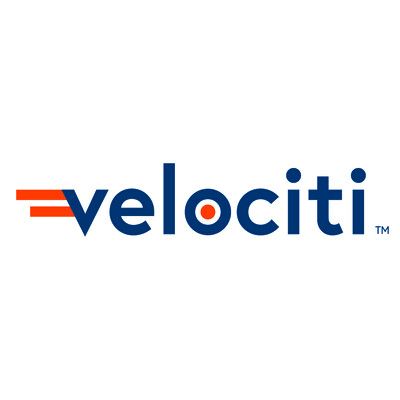Outreach Certified Peer Specialist en Access-Supports for Living
Access-Supports for Living · Kingston, Estados Unidos De América · Onsite
- Junior
- Oficina en Kingston
As an Outreach Certified Peer, you will:
• Engage and Inspire Hope: Proactively connect with individuals in community settings (e.g., streets, shelters, homes, hospitals) with empathy and belief in their potential for recovery.
• Foster Empowerment and Trust: Encourage individuals to define their goals, identify strengths, and take steps toward self-determined wellness.
• Model Recovery: Use your own recovery story to show that healing and progress are achievable.
• Initiate and Sustain Connection: Build trust through consistency, nonjudgmental support, and authentic presence in the field.
• Reduce Barriers to Care: Help individuals navigate systems and overcome obstacles that prevent access to behavioral health and social services.
• Facilitate Linkage to Services: Guide individuals toward clinical care, housing, benefits, and community-based supports.
• Support Community Integration: Encourage participation in meaningful activities, social networks, and recovery-oriented resources.
• Trusted Guide & Supportive Listener: Offer emotional support grounded in empathy and shared experience.
• Recovery Ally: Serve as a mentor and motivator, walking alongside individuals through initial and ongoing stages of recovery.
• Flexible Problem Solver: Identify and troubleshoot challenges that interfere with engagement or stability.
• Cultural Broker: Bridge gaps in understanding between individuals and systems using language and lived perspective.
• Experience navigating behavioral health systems or overcoming life challenges related to mental health or addiction.
• Valid New York State Peer Certification (Provisional or Full).
• Strong interpersonal, active listening, and communication skills.
• Comfort working independently in field-based or community environments.
• Flexibility to work non-traditional hours (evenings, weekends, or early mornings as needed).
• Collaborative mindset and ability to work within multidisciplinary teams.
• Knowledge of harm reduction, trauma-informed care, and recovery-oriented practices.
• Understanding of local systems (e.g., shelters, clinics, hospitals, crisis services).
• Basic proficiency in documentation and mobile communication tools.
Available on weekends and evenings






